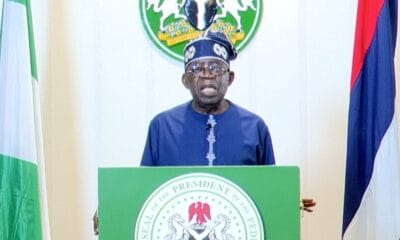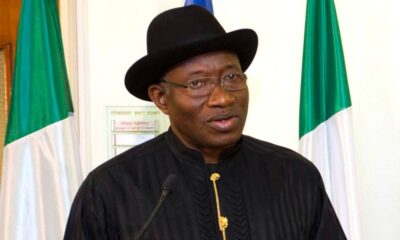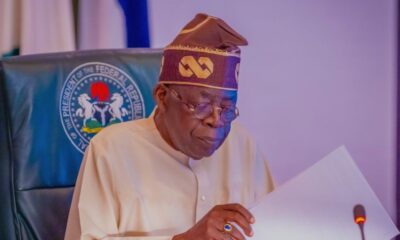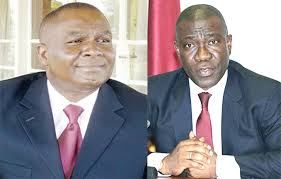Breaking News
Independence Day: 1966 Coup Nigeria’s Worst Tragedy – Joe Abah
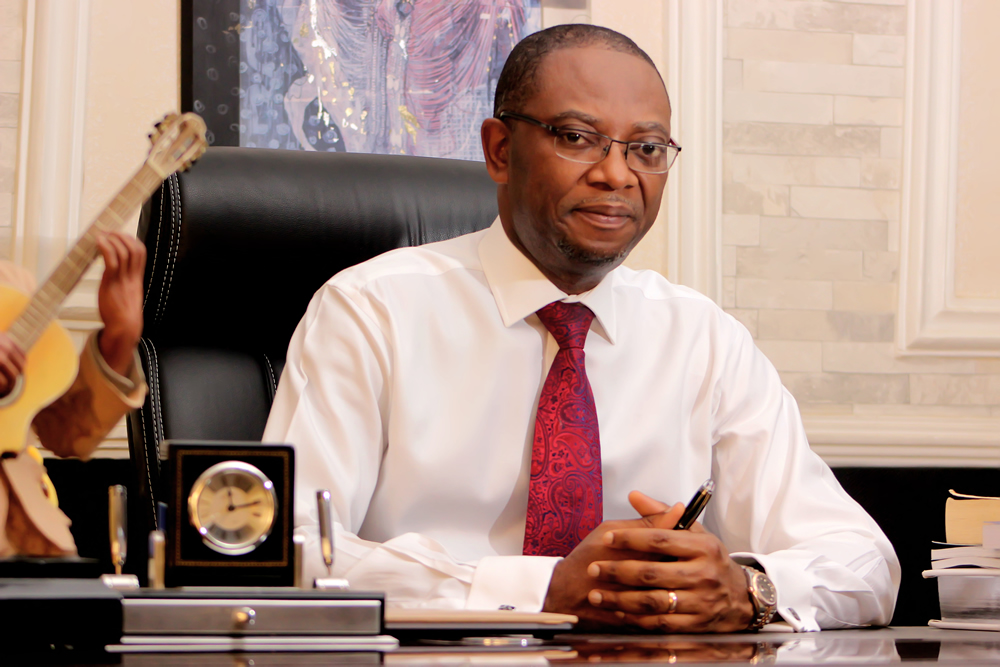
Governance expert and lawyer, Dr. Joe Abah, has described the 1966 military coup as the greatest national tragedy that derailed Nigeria’s development path.
Abah made the remark on Wednesday while speaking at The Platform Nigeria, an Independence Day event organised by Covenant Nation Church in Iganmu, Lagos, with the theme “Rebuilding Our Nation.”
Abah argued that Nigeria’s 1963 Republican Constitution provided a stronger foundation for governance and economic progress than the current arrangement.
“The federal government and the regions in Nigeria then had concurrent responsibilities for many things, including arms and ammunition. Each region was responsible for internal security and policing. Unlike today, when we have a unitary police force, each region had its own police. They could conduct censuses truthfully because it was not tied to revenue sharing,” he explained.
He lamented that the 1966 coup ended this system, ushering in almost 30 years of military rule.
“To my mind, it is the greatest tragedy that ever befell our nation,” he added.
Recalling the achievements of Nigeria’s regions before military intervention, Abah said healthy competition spurred innovation and growth.
“Between 1954 and 1964, the Eastern Region of Nigeria was the fastest-growing economy in the world, according to Harvard Business Review. The Western Region had free education, while the Northern Region was feeding the whole country and exporting pyramids of groundnuts and other agricultural products,” he said.
He noted that this progress was stifled when the military centralised power, broke the country into 12 states, and imposed a command-and-control structure that killed competition and innovation.
Abah stressed that Nigeria’s over-centralised system of governance remains a legacy of military rule.
“Nothing damaged our progress as much as military rule did. Most of our constitutions since then have carried forward that over-centralisation,” he argued.
The governance expert expressed worry that young Nigerians, who never experienced a functional regional system, may be misled into seeing military takeovers as a solution.
“We now have a youth majority that has never seen a Nigeria that works. They see coups all around West Africa and are seduced by the idea. You can’t blame them, because democracy in Africa has simply not delivered the basics — rule of law, food security, decent education, healthcare, opportunities for all, and a level playing field where women can compete,” he explained.
Rejecting the argument that a “benevolent dictator” could fix Nigeria, Abah cautioned against such thinking.
“Some young people will even tell you that what we really need is a benevolent dictator. Africa doesn’t produce them. We tend not to produce benevolent dictators,” he said.
Abah concluded that restoring faith in democracy requires leaders to ensure governance delivers basic public goods that meet the needs of citizens.



